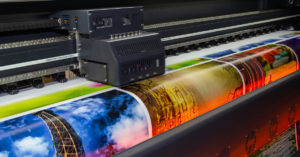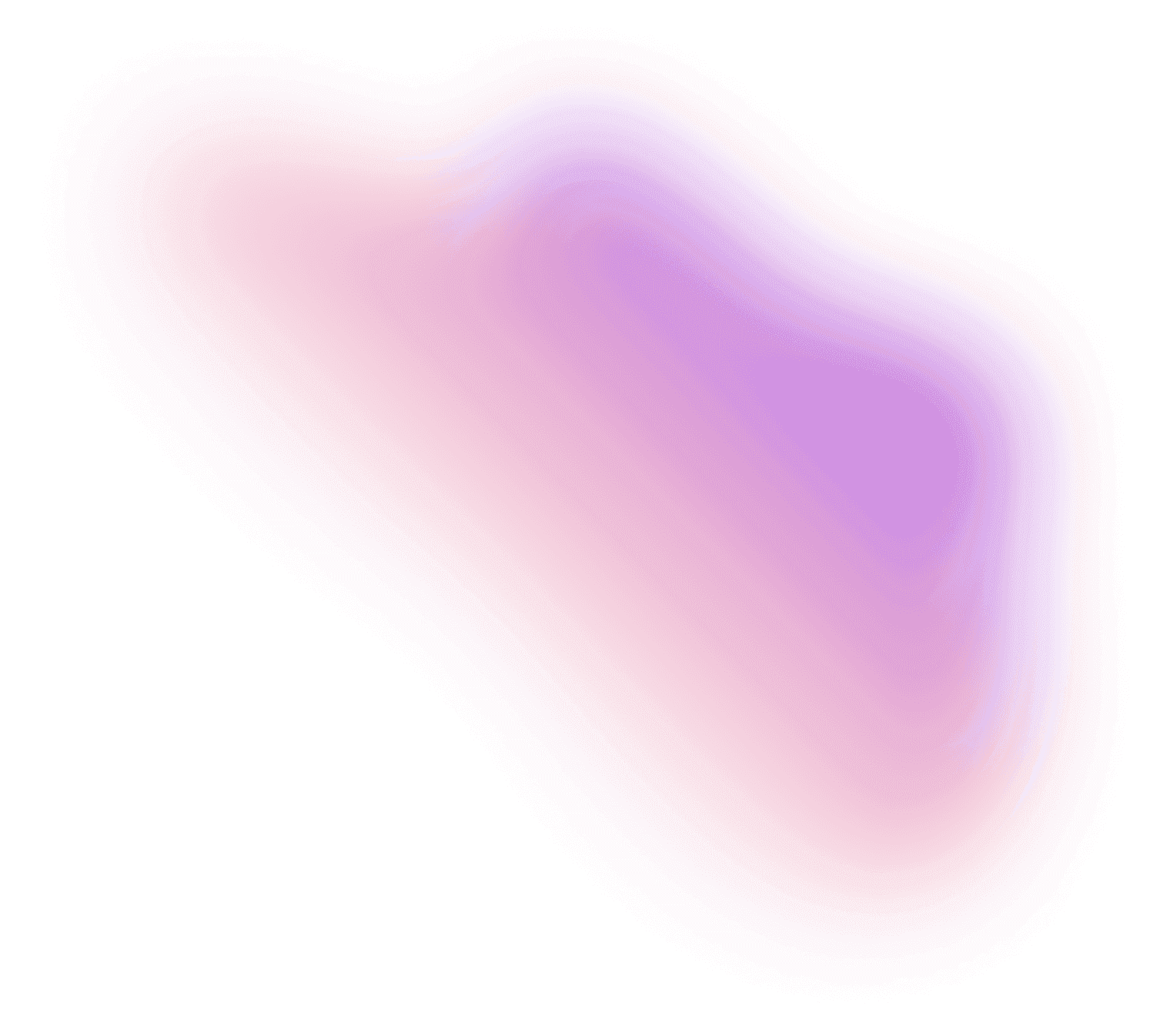Photographers capture the essence of life on their cameras. These images look beautiful when viewed on screens but when these digital files are blown up into large size prints that are when they turn truly breathtaking. Giclée printing in simple terms, Fine art prints are printed from digital files of good resolution using archival quality inks onto acid-free media.
Artists like photographers, painters, illustrators, and sculptors breathe life into their creative visualization..
In fact, artists and fine art prints are made for each other.
Only fine art printing can bring out the vivid colors of an image on various textures of media fitting into the desired size. Watching the work of an artist take up an entire wall as a print makes one go, WOW!
What is Giclée and how do you pronounce the term?
The term Giclée is a French-derived word meaning spray or squirt which is how the inkjet printer works. It was coined by a printmaker, Jack Duganne in the year 1991. It is a type of fine art digital print that is printed using an inkjet printer on archival or high-quality media.
The word Giclée is pronounced as zshee-clay.

Is Giclée canvas or a paper?
A Giclée is available both as a canvas and a paper. You can choose depending on the texture of the original art or image. The reproduction on the media will be astounding with the right depth of color and finish.
3 things to consider while getting a Giclee print
Here are our 3 essential points to be considered before you give out the image to the printmaker in order to get the perfect Giclee print.
- The more pixels per inch, the sharper your image will appear.
- Resolution plays a vital role. Higher the dpi, the smoother and better the image quality will be.
- The sizes you can print an image or artwork are endless, as long as you have the right resolution.
The workflow of Giclee printing
A workflow is a sequence of steps followed to complete a procedure from the start of the printing until you get the finished print in hand. The workflow of fine art printing or giclee printing involves 6 major steps until it reaches your doorstep.
Step 1: The monitor is calibrated by the printmaker
Step 2: Submit a photograph of the image you would like to print on archival paper as hard or soft copy
Step 3: The image is scanned if it is a hard copy, if not provide the digital files of resolution 300 DPI (dots per inch)
Step 4: The required color correction and manipulation is done on Photoshop
Step 5: The archival media of the desired size is chosen and loaded into the 11 color printer, the print command is given
Step 6: The edges of the print are trimmed. This print is framed or wrapped as per the customer’s choice
Step 7: It is then safely packed and shipped

6 Benefits of Giclee printing
- Longevity, colors identical to the original pieces that never run or fade
- Quality is incomparable with other prints available in market
- Provides great accuracy and depth of color
- Aids in building professional artist portfolio
- Reasonable cost and minimal effort of reproduction
- Widely accepted by art buyers at museums and galleries
Where can we spot Giclee prints?
1. Famous museums and galleries across the world
2. Enhancing the interiors at hotels and restaurants
3. At National and International art community exhibitions

4. At homes creating a wall of memories

5. Creates a vibrant working atmosphere at office spaces

I hope this blog has given you the information on Giclée printing. Do visit our office to watch the workflow of the printing process.
To know more about prints and how we do it – Visit our website






